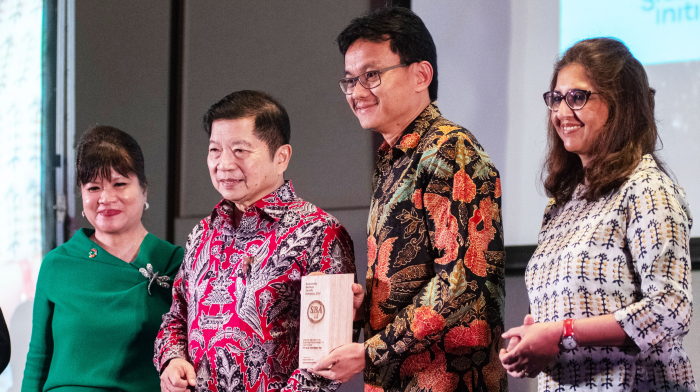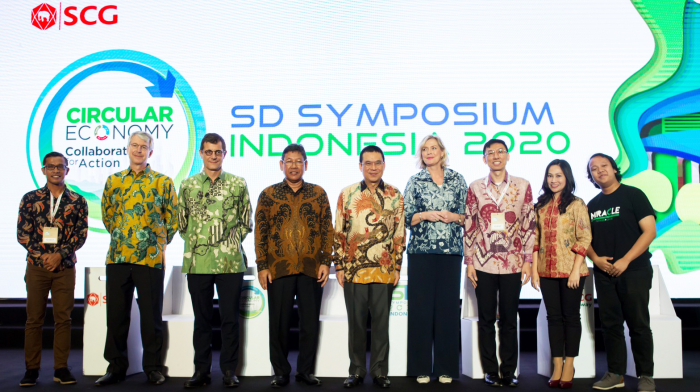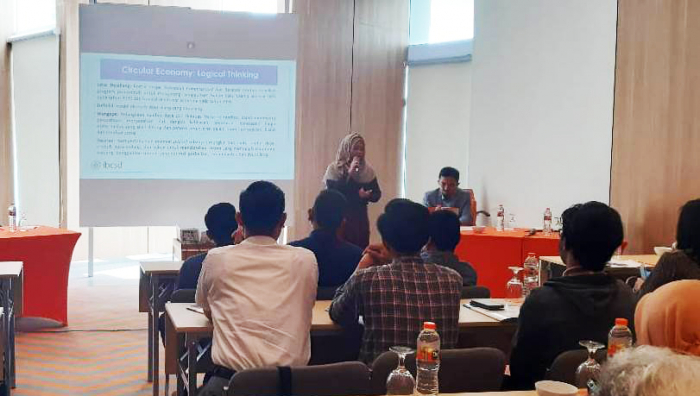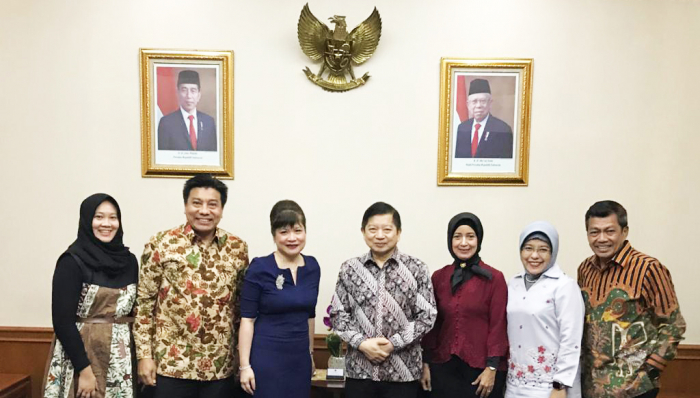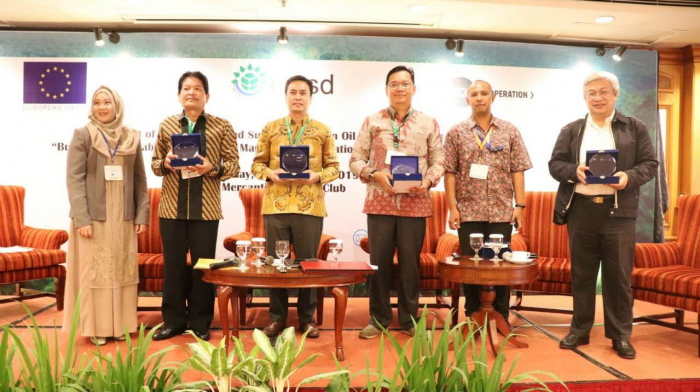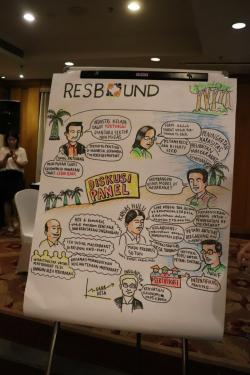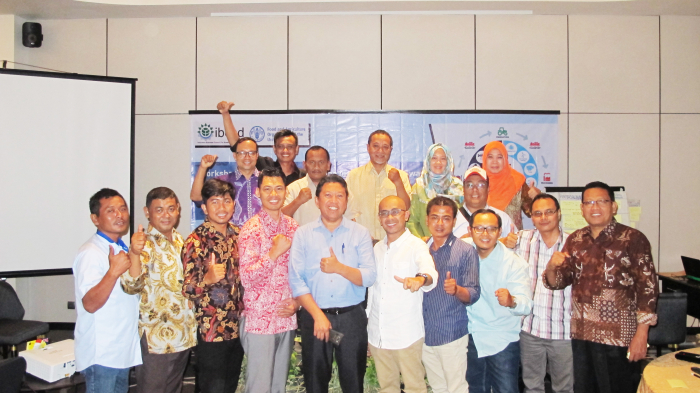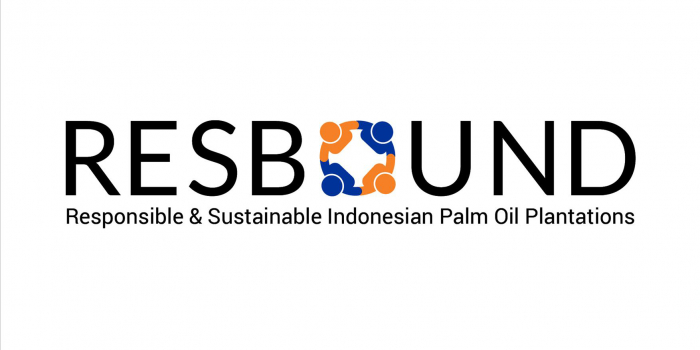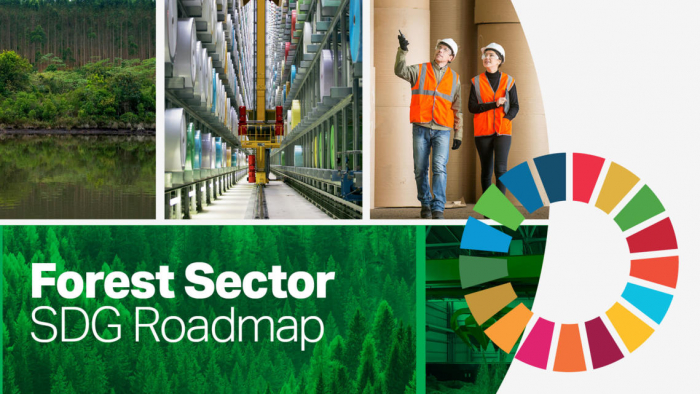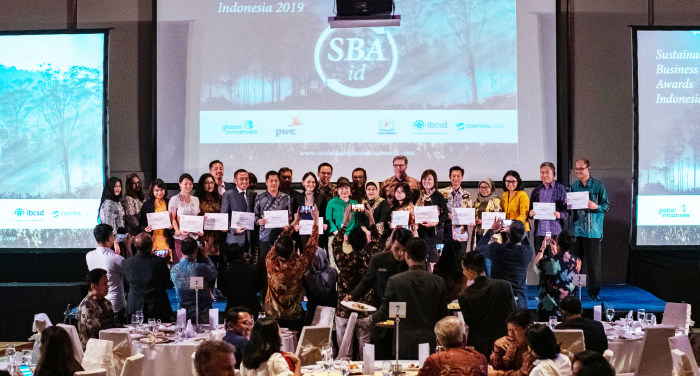
12 Member Companies of IBCSD Won the SBA Awards
Overall Winner – APRIL Group
Special Award for Holistic Performance – PT L’Oréal Indonesia
Best Winner:
Strategy and Sustainability Management – APRIL Group
Sustainability in Community – PT Mondelez Indonesia
Stakeholder Engagement & Materiality – APRIL Group
Flagship Initiatives – PT Bank Negara Indonesia Tbk.
Best SME – PT RePal International Indonesia
Special recognitions:
Workforce – PT Multibintang Indonesia
Sustainability in Community – East West Seed Indonesia
Energy Management – APP Sinar Mas
Water Management – PT L’Oréal Indonesia
Supply Chain – Nestlé Indonesia
Business Responsibility & Ethics – PT Vale Indonesia
SDGs Category Awards:
UN SDG 4 (Quality Education) – APRIL Group
UN SDG 10 (Reduced Inequality) – PT Freeport Indonesia
UN SDG 16 (Peace, Justice, and Strong Institution) – PT Solusi Bangun Indonesia
*For more information and other winners, please visit SBA Indonesia 2020 official website.
